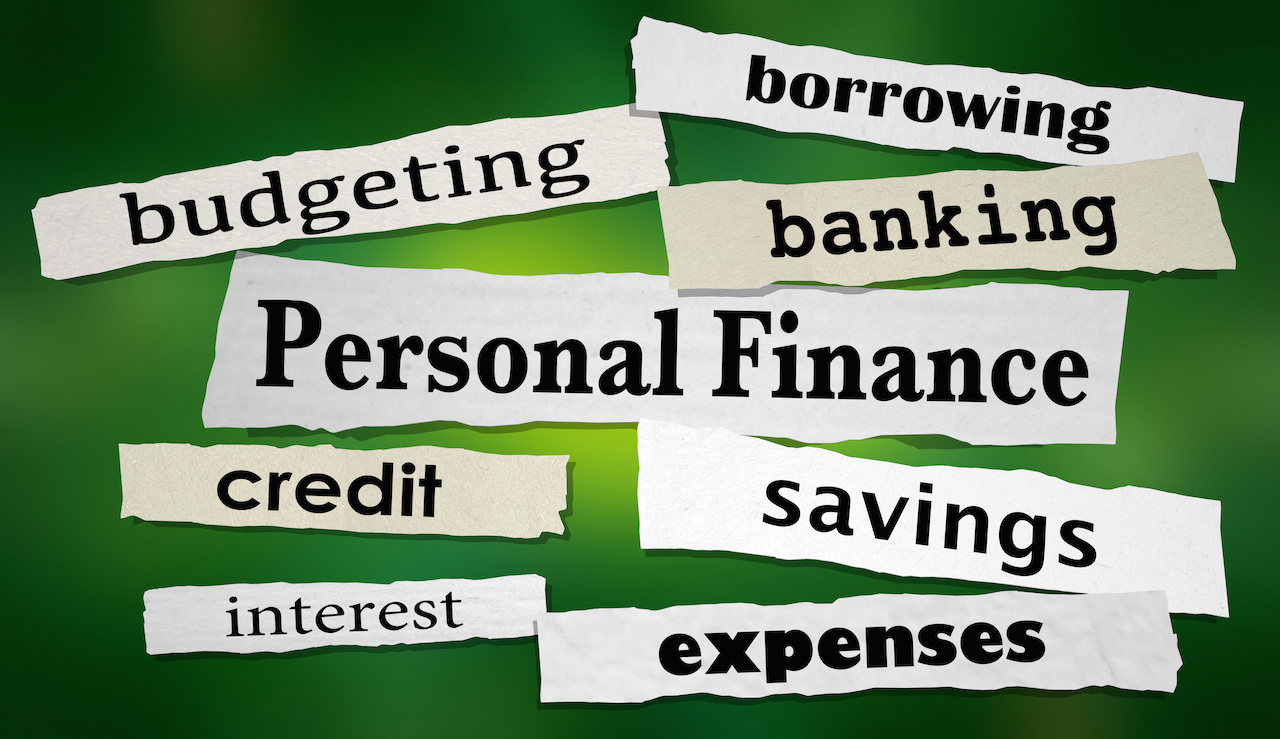Credit Sesame on why not to miss a credit card payment and what to do if you can’t avoid it.
Between runaway inflation, record debt levels and soaring interest rates, it can be tough to keep up with all your payments. If your budget is caught short, it may seem you have no alternative but to skip a payment. However, this can be a mistake with lasting consequences.
Before you miss a credit card payment, consider that there might be less harmful alternatives.
Consequences when you miss a credit card payment
If you miss a credit card payment, you may suffer some or all of the consequences described below.
Late fees
When you miss a payment deadline, your credit card company may charge you a late fee.
According to a report by the Consumer Financial Protection Bureau, the average late fee on a general-purpose credit cards is $26 for a first-time occurrence. This rises to $35 for repeat occurrences.
If you’re already having trouble paying your bills, charges like that are just going to make it tougher.
Additional interest charges
Late fees are not the only cost when you miss a credit card payment. Interest is added for the extra time you owed the money adding even more to what you owe.
An increase in your interest rate
Credit cards set their interest rates based in part on how good a credit risk the customer is. Those with great credit records get the lowest rates. Those with poorer records have to pay higher rates.
If you start missing payments, you are showing the credit card company that you are a riskier customer. They may charge you a higher interest rate in the future to account for this.
A reduction of your credit limit
Another way credit card companies manage their risk is by setting credit limits for each customer.
Riskier customers are likely to get lower credit limits. If a shaky payment history demonstrates that you are a higher risk, the credit card company may respond by lowering your credit limit.
Cancellation of your credit card
Customers who don’t pay their bills cost the credit card company money. They’re unlikely to cancel your credit card due to one missed payment. However, they may see no other choice if it becomes a pattern.
Damage to your credit score
Payment history is the number one factor that determines credit score. Credit card companies report customer payments to one or more or the three major credit bureaus.
If you miss credit card payments, those failures to pay on time are going to be on your record for anyone who checks your credit to see. Those missed payments are also factored into your credit score.
As a result, you may find it harder to get credit in the future. If you can get credit, you may have to pay a higher price for it.
5 things to try instead of missing a credit card payment
If you see no way of making a minimum credit card payment here are some things you can try instead:
1. Deadline extension
If you know you aren’t going to be able to make a payment, get in touch with the credit card company to try to work something out.
Be realistic. They aren’t simply going to let you off the hook for what you owe. Believe it or not though, the credit card company doesn’t want you to default.
So, what may work is approaching them with a plan that allows them to get paid in full eventually. If your financial problem is temporary, the answer might be to get the credit card company to extend the payment deadline.
Doing this may allow you to avoid having a missed payment go on your credit record.
2. Reduced minimum payment
Another suggestion to your credit card company is a lower monthly payment. As long as it’s enough for them to get paid back eventually, they may accept this as better than nothing.
Agreeing on a lower monthly payment that you can afford gives you more time to pay what you owe. This may cost you more interest in the long run, but if it allows you to avoid late penalties and damage to your credit record, it might be worth it.
3. Waiver of a late fee
If you’re simply going to be a little late with a payment, you might persuade the credit card company to waive the late fee.
This is only likely to work if you get them the payment soon after the due date. It also helps if you otherwise have a good payment history on that credit card.
4. Lower interest rate
One of the things credit counselors try to negotiate for their clients is a lower interest rate. You might try doing that yourself.
Your best chance of succeeding at this is if you’ve improved your credit score since you signed up for the card. That might qualify you for a lower rate tier. That’s why it’s good to have these conversations early, before your debt problems start damaging your credit score.
5. Credit card debt consolidation
If the credit card company is not responsive to your requests, you might consider refinancing and/or consolidating your credit card debt.
This involves transferring debt from one credit card to another. Transferring a balance can save you money if you’re able to lower your interest rate with the new card. In particular, a zero-interest balance transfer card could allow you to avoid paying interest for a limited period. However, there are often fees involved in transferring a balance so you’d have to make sure your interest savings would exceed the amount of those fees.
Consolidating multiple credit card debts into one or into a loan could also help simplify your payments. It may also reduce the total minimum amount you have to pay each month.
Any of these options is likely to be better than simply missing the payment and accepting the consequences.
If you enjoyed 5 Things to Try Before You Miss a Credit Card Payment you may be interested in:
- Consumers Face Record Credit Card Debt
- Federal Agency Looks at Lowering Credit Card Fees for Late Payment
- How Debt Consolidation Affects Your Credit Score
Disclaimer: The article and information provided here is for informational purposes only and is not intended as a substitute for professional advice.




















